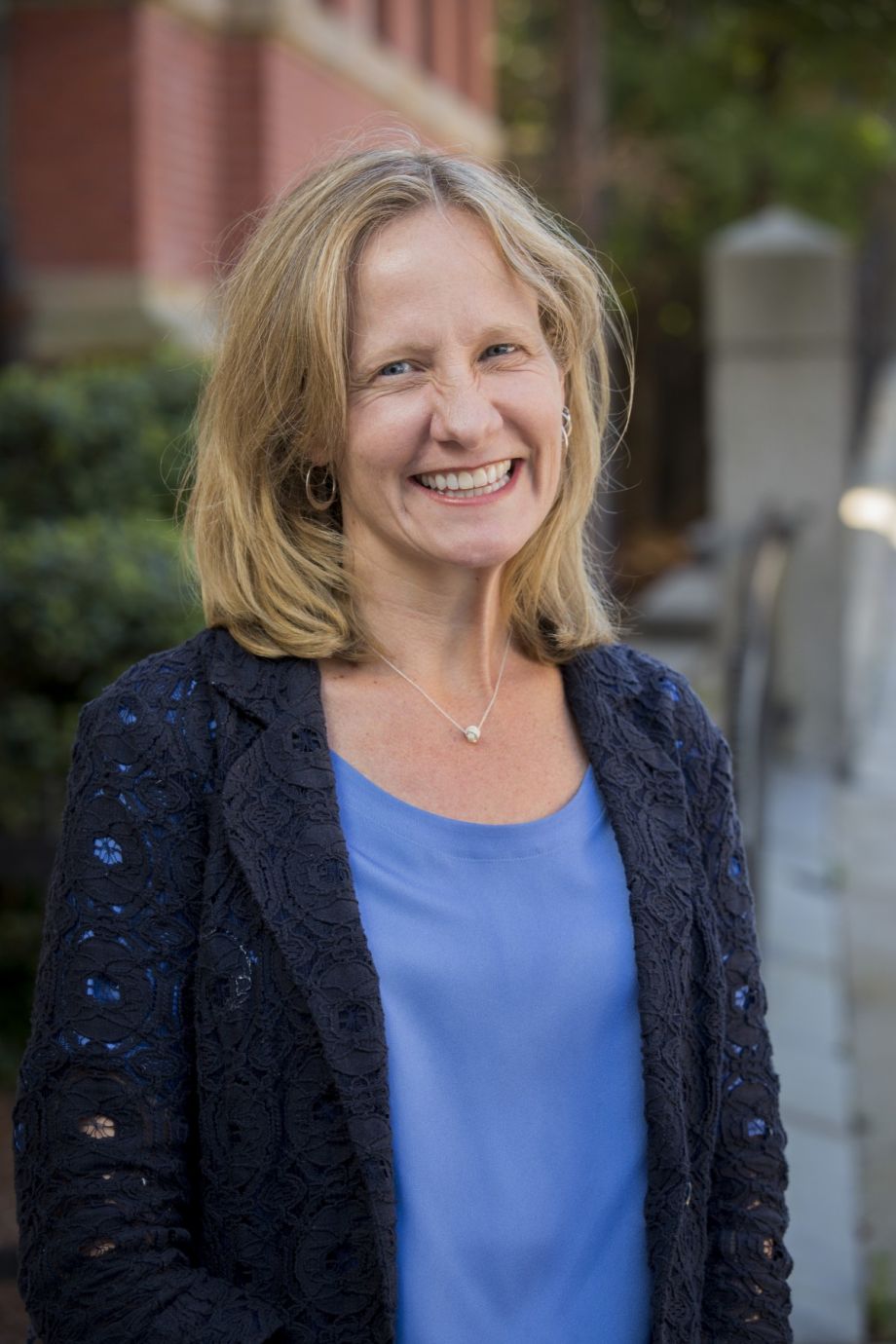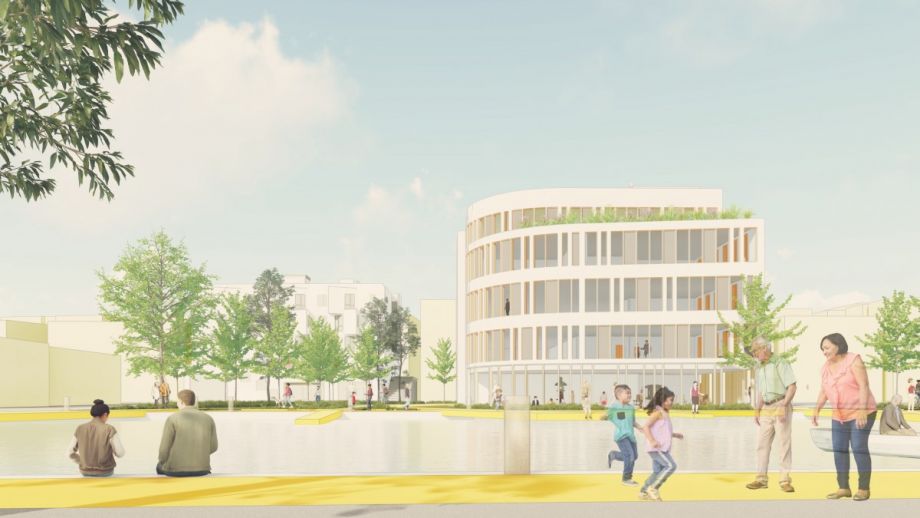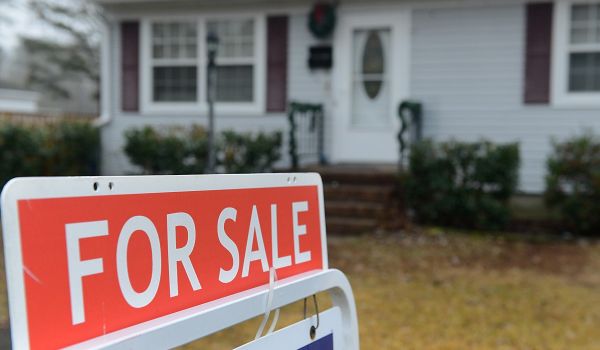As the quest for racial equity gains momentum worldwide, the need has become more urgent for a means to ensure that funding goes to organizations with those ambitious goals.
Enter REAPP, which stands for Racial Equality Assessment that is Proactive and Practical. This new tool by BlueHub Capital, a Boston-based CDFI, will assess the potential of loans to support racial equity in various community projects.
Still in its pilot phase, REAPP is intended to help direct loans to developers and borrowers focused on creating affordable housing, according to Catherine Dun Rappaport, who designs BlueHub’s measurement projects. The tool is “a more nuanced way of looking at loans for racial equity,” she says.
REAPP is being launched to better enable BlueHub Capital’s newly announced $15 million COVID-19 Housing, Opportunity and Wellness (C19-HOW) Fund. The fund aims to support the building of affordable housing for communities disproportionately affected by COVID-19 and whose residents are low-income and primarily Black, Indigenous, and/or people of color (BIPOC). The C19-HOW funds up to $2 million in predevelopment loans; up to $2 million in acquisition loans and up to $4 million in construction, period, equity or bridge loans.
While the creator, Dun Rappaport, is white, she says she built REAPP over nine months “in deep consultation on impact investing and with my colleagues and peers of color.”

Catherine Dun Rappaport. (Photo courtesy of Catherine Dun Rappaport)
REAPP measures five different dimensions, including the project, its leadership and goods, and its impact — all with an intention to ensure the project builds wealth in a BIPOC community, supports BIPOC employees and vendors, and avoids harming a BIPOC community, such as through gentrification or increased economic segregation. REAPP is designed as a 20-minute survey of mainly closed-end questions. Recognizing that social impact issues may be outside a borrower’s core line of business, REAPP is “just asking them how racial justice fits into their framework and their intention,” says Autumn McLaughlin, BlueHub’s manager of communications.
“Right now, some of the specific questions are designed for housing because that’s where we are starting,” Dun Rappaport says. In fact, REAPP will be used in the first initiative financed through the C19-HOW Fund—the Salem South River Revitalization Project, which will provide affordable housing and more to the El Punto neighborhood in Salem, MA.
Eventually, BlueHub Capital is hoping to make REAPP available to the wider CDFI community. So far, a number of leaders in the CDFI community say they’re interested, including Molly Melloh, the senior director of K-12 Education at the Philadelphia-based Reinvestment Fund, which is working to develop a racial equity framework that extends beyond its charter schools lending.
“While quantitative data, whether it’s related to an organization’s staff demographics or populations served, can be relatively easy to collect, qualitative measures and the assessment of whether racial equity is centered in a prospective borrower’s decision-making can be difficult,” Melloh said in a statement.
Annie Donovan, chief operating officer of the New York-based Local Initiatives Support Corporation, agrees that more data can help assess impact.
“Racial equity has always been important to CDFIs,” Donovan says. “We need to be able to measure the outcomes so we know if we are going deep enough; if we’re moving the needle.”

Frances McMorris is a Tampa-based writer who has been a staff reporter covering courts and legal affairs for the Wall Street Journal, the New York Daily News and Newsday. She specializes in legal and business topics.









_920_518_600_350_80_s_c1.jpg)






